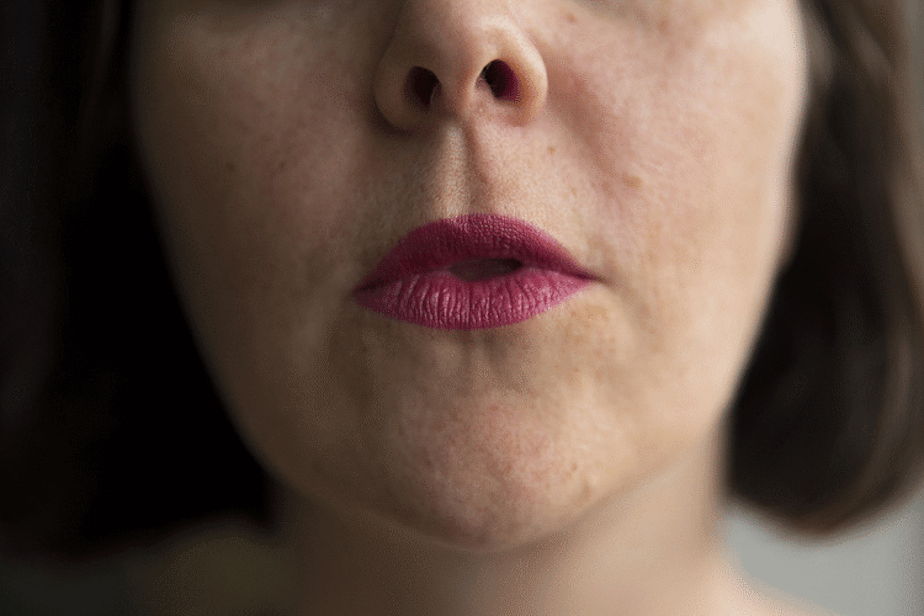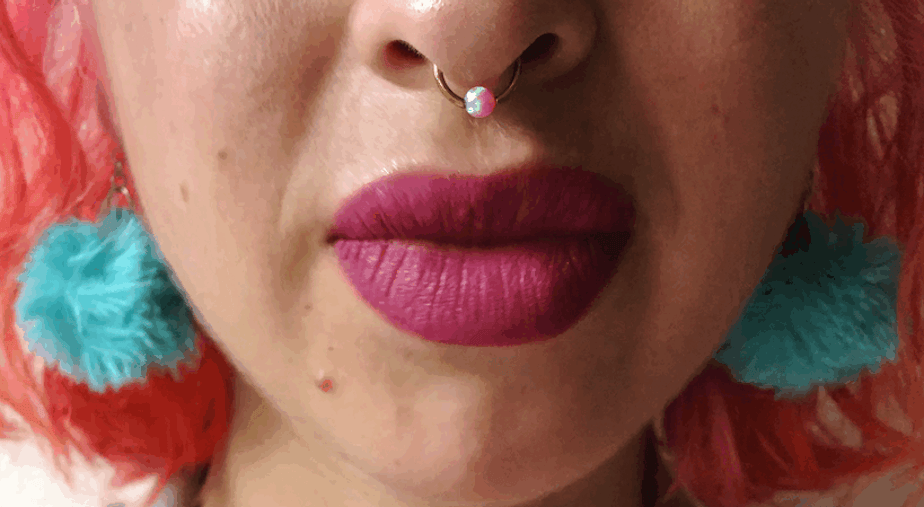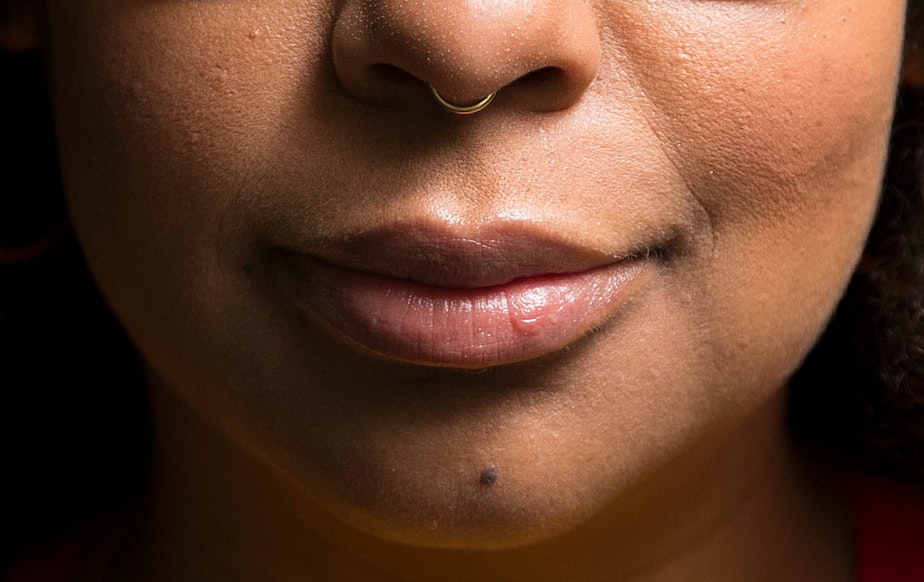Women are linguistically more advanced than men. So why do we tell them how to speak?

When I was in college, an English professor chastised me when I said “I think.”
“Just say what you think,” she said, annoyed. She was a feminist, and believed she was preparing me for the real world.
I’ve heard similar advice since: Stop saying "sorry" so often. Nix the “likes.” Don’t use exclamation points in professional emails. No upspeak — that’s punctuating statements with question marks. In other words: Talk like white men.
I shared these examples with Kathryn Bartholomew, a retired linguistics professor from Seattle Pacific University. She too once coached female students to shed these verbal tics.
“I was younger and more docile then," Bartholomew said.
Linguists know now that, when it comes to language, women lead men by half a generation or more. "Women will be at the cutting edge of the innovations,” Bartholomew said.
The reason is teenage social survival.
When teenagers enter adolescence, they want to be distinctive. Girls converse more than boys; encouraged, perhaps, by the praise they receive from a young age for being articulate and engaging. Boys are cheered for walking early and being good at sports.
Teen girls, Bartholomew said, must “figure out how to survive, and if possible, thrive.”
“Being super assertive and scientific in the company of your peers if you are a middle school or high school girl is probably not going to work as well as other strategies,” she said. “The other strategies being the disarm-the-opponent charm offensive.”
Tittering flirtatiously doesn’t work. (Too easy, too obvs.)
"Giggling far too loud is an unsophisticated way of achieving salience,” Bartholomew said. “A more sophisticated way is doing things with your language that nobody else can do until they imitate you. Hence the Valley girls."
(Valley girls, a refresher: Like, duh. As IF. What-EVER. Like.)

The trend is even older: In the 1500s, women started using the word "you" instead of "ye."
"You" had staying power, as we know; certain verbal tics are as contagious as the flu.
Like saying “sorry” all. the. damn. time.
Deborah Tannen, a linguist who studies gender and language at Georgetown University, has said that women aren’t actually apologizing when they say sorry. Rather, they’re creating a bridge to the other person.
“There are many ways that women talk that make sense and are effective in conversations with women but appear powerless and self-deprecating with men,” Tannen wrote in her book, You Just Don’t Understand: In Conversation With Women and Men. “One such pattern is that many women seem to apologize all the time.”
But an apology may not be intended in that spirit, she said.
By phone, Tannen said that upspeak, or uptalk, may also have been misinterpreted as insecurity.
“I think what it really is doing is encouraging the other person to say, ‘Yeah,’" Tannen said. "It’s forcing that connection. It's not about some internal state.”
Mark Liberman, professor of linguistics at University of Pennsylvania, said that while women lead men, everyone plays with language all the time.
“The question is, which innovations will spread and which will die out?” Liberman said by email.
One explanation is that women are influencers because they are more likely to be caregivers, he said, “and therefore models for language acquisition.”

So why, if young women are more linguistically sophisticated than men, are they schooled in how to speak more like them?
Bartholomew said that’s because white male speech is considered the “unmarked” way of speaking, or the neutral way of speaking. African-Americans have said they adjust how they talk for work; women do as well.
Trying to teach women to speak like white men has created a cottage industry of advice pieces online. Consider these recent articles, by women:
“One word women should never say at work”
“Six things women shouldn’t say at work”
"Talking while female: an expert guide to the things you definitely should not say"
In them, women are advised:
1. Don't use emojis/exclamation points.
2. Don't say sorry.
3. Don't say, “I just wanted to let you know.”
4. Don't say, “I was wondering.”
5. Don't start sentences with “I think.”
6. Don't sign off emails with “Thanks!”
7. Don't say “just.”
8. Don't say, “I feel like.” (The author, a woman, suggests reaching “for a more definitive, muscular phrase,” for example, “a man told me.”)
9. Don't say, “I’m no expert.”
Deborah Cameron, a feminist professor of linguistics at Oxford University, responded to one of these articles—a critique of "vocal fry"—in 2015.
"Teaching young women to accommodate to the linguistic preferences, aka prejudices, of the men who run law firms and engineering companies is doing the patriarchy’s work for it," she wrote. "It’s accepting that there’s a problem with women’s speech, rather than a problem with sexist attitudes to women’s speech."
As Cameron suggests, perhaps it's time to make linguistic preferences work for women, instead of the other way around.
Sorry, not sorry.




